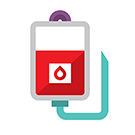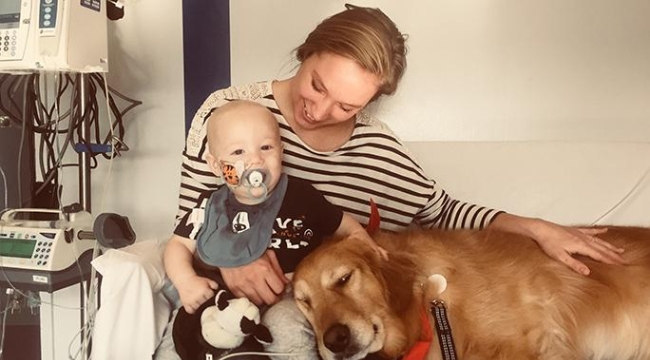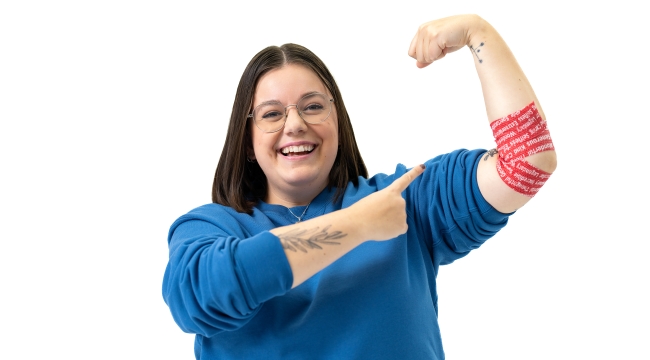Thousands across Canada may be newly eligible to donate blood and plasma. Could you be one of them?
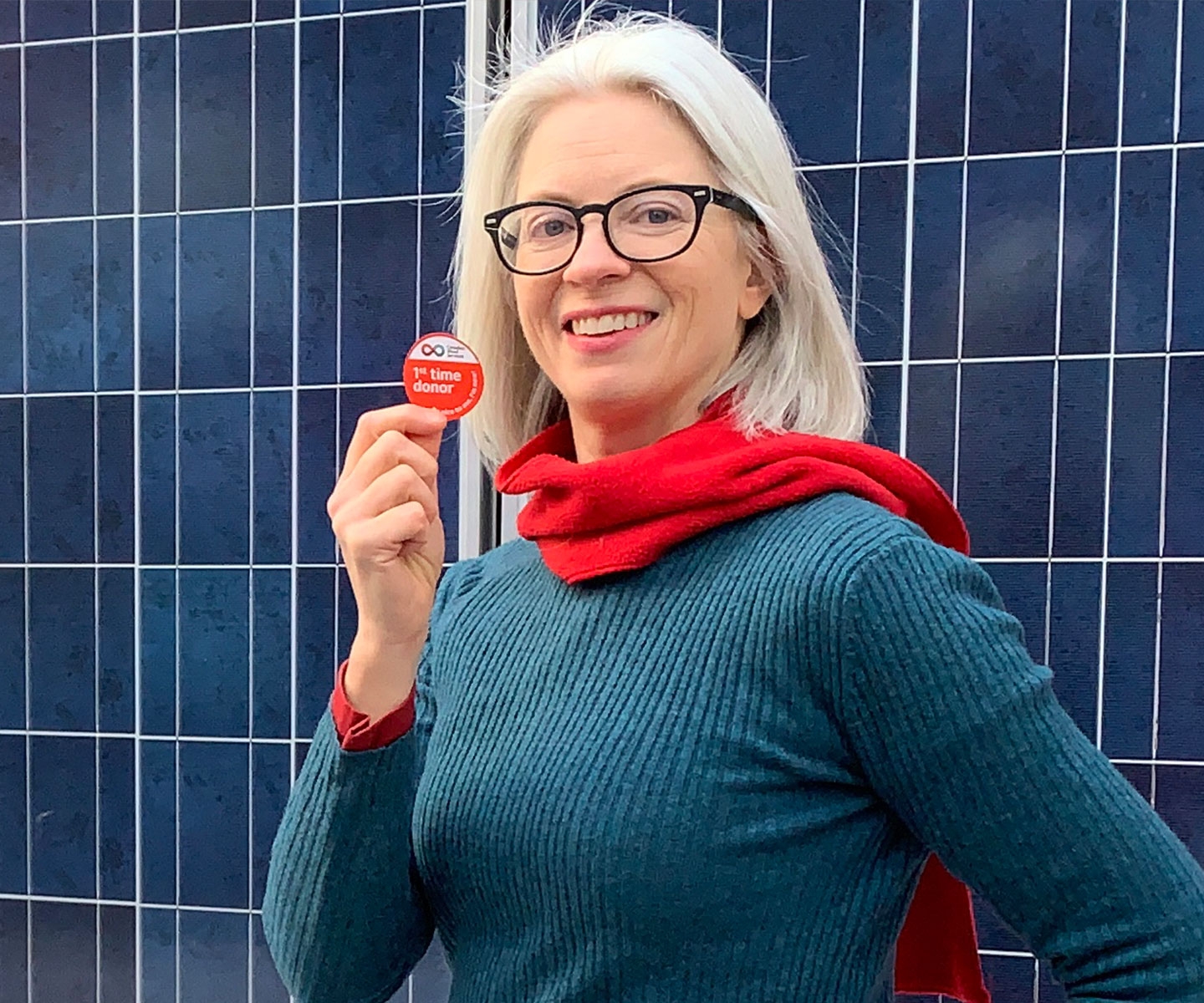
The change affects people who have spent time in areas where the human variant of ‘mad cow’ disease was deemed a risk
Thousands of people across Canada who have spent time in countries affected by the human variant of ‘mad cow’ disease are becoming eligible to donate blood, plasma or platelets ― some for the first time in decades, others for the first time ever.
It’s the result of an update to blood donation eligibility criteria related to variant Creutzfeldt-Jakob disease (vCJD), the human variant of bovine spongiform encephalopathy (BSE) ― commonly known as ‘mad cow’ disease. Earlier eligibility criteria prevented people from donating blood, plasma or platelets in Canada if they had lived or spent time in the United Kingdom in the years 1980-1996, or in the Republic of Ireland or France in the years 1980-2001.
Health Canada has now confirmed that residency or travel in those countries during those periods will no longer be a barrier to donation. As a result, we invite these newly eligible donors to book appointments, for anytime on or after Dec. 4, 2023. If you’ve never tried donating in Canada before, you can book using the GiveBlood app or at blood.ca. However, if you have tried to donate previously, and were told you were ineligible, please make your first booking by calling 1 888 2 DONATE so we can make the necessary update to your file.
You may also wish to do our two-minute eligibility quiz to quickly learn if you are affected by some other common barriers to donation.
The latest change follows a similar update in 2022, which opened donation to those who had lived and travelled in many other western European countries and Saudi Arabia. The full list of countries where eligibility criteria related to vCJD no longer applies is as follows: the United Kingdom, the Republic of Ireland, France, Saudi Arabia, Germany, Italy, Netherlands, Switzerland, Austria, Belgium, Spain, Portugal, Denmark, Luxembourg and Liechtenstein.
Why is blood donation eligibility criteria being updated now?
vCJD is a very rare, fatal disease that may be contracted by eating beef and beef products from animals affected by BSE. People with vCJD may be infected for many years before showing symptoms.
Because vCJD can be transmitted by blood, Canadian Blood Services and other blood operators around the world made changes to blood donation criteria in the 1990s. People from areas where vCJD was perceived to be a risk, due to distribution of potentially contaminated beef, became ineligible to donate blood, plasma or platelets.
Today, after 30 years of research and epidemiological surveillance in Canada and around the world, we know much more about the potential for exposure to contaminated beef products and the risk of humans acquiring vCJD. The science is showing us that removing these barriers to donation will not lead to an increase in vCJD transmission.
This latest updates to eligibility criteria are consistent with those made recently by other blood operators around the world, including the United States, Ireland, Australia and Israel.
What it’s like to become eligible to donate blood
The earlier change to eligibility criteria in 2022 was cause for celebration for Jen McKay, a manager of donor experience with Canadian Blood Services. Before joining the organization, she had spent five years in Switzerland, one of the countries affected by criteria related to vCJD.
As soon as she became eligible, Jen booked an appointment to donate blood at our donor centre in Ottawa, Ont.
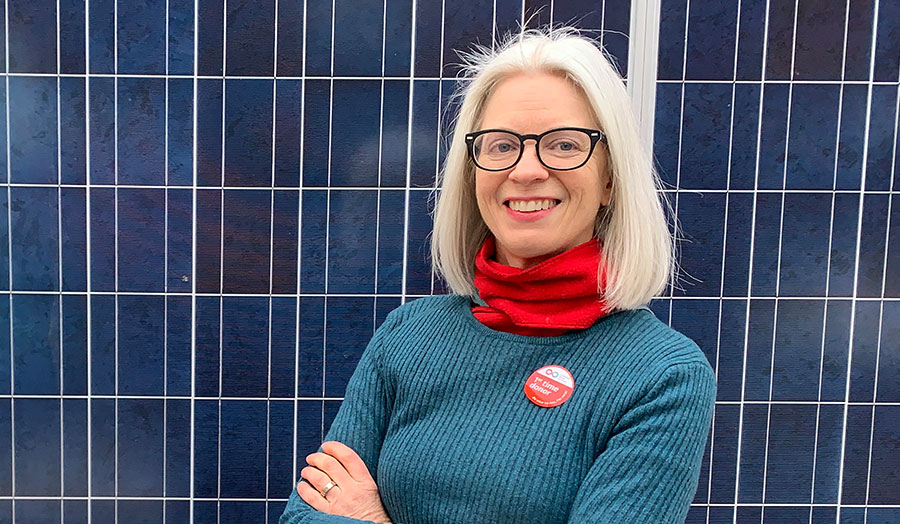
“I was excited like a little kid. Finally, I got to donate!” said McKay in 2022. “Don’t get me wrong, I love contributing to Canada’s Lifeline as an employee, but I’ve always felt I was missing out by not being able to have that firsthand experience of being a blood donor. Especially since my blood type is O-negative, which is always in high demand.”
To continue meeting the needs of patients in Canada, we need to add 100,000 new donors each year (and in doing so, also increase the diversity of our donor base). Could you be one of them? If you have tried donating blood, plasma or platelets in the past, and were told you were ineligible, please call 1 888 2 DONATE to book that first appointment. Others can book now using the GiveBlood app or online, as well as by phone. Together, we are Canada’s Lifeline.
